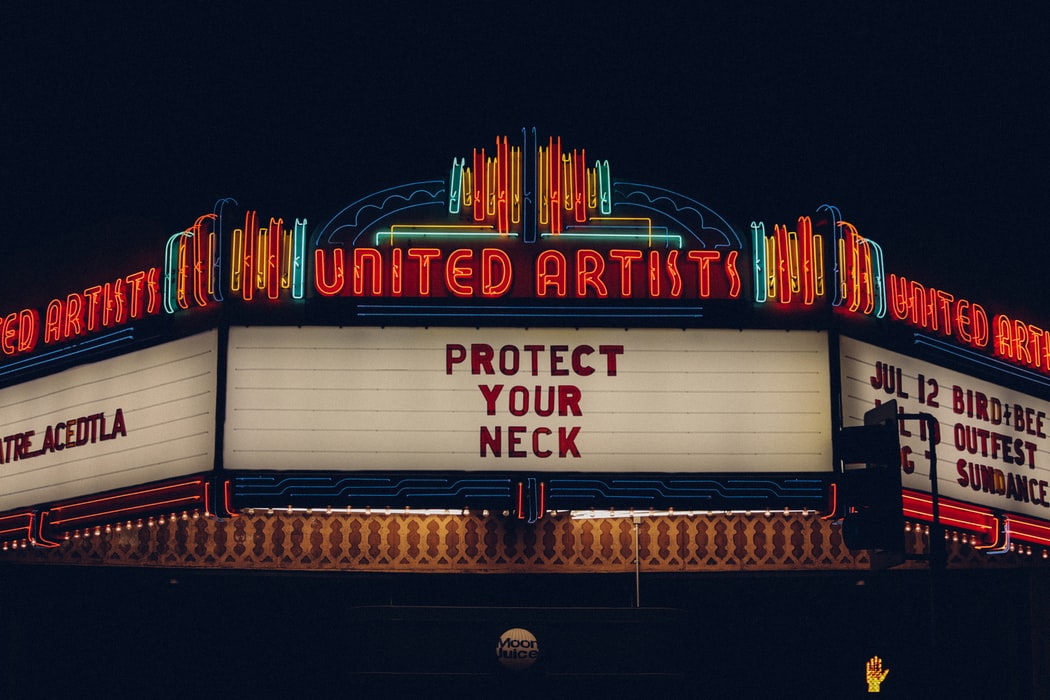Wu-Tang Clan, the Staten Island based group known for pioneering their own style of hip-hop, made headlines in 2014 upon revealing the existence of a secret album entitled Once Upon A Time In Shaolin, only one copy of which would ever be produced. Wu-Tang envisioned the album as a piece of fine art and a single-sale collector’s item. In 2015, the album was sold at a private auction to an individual later identified as notorious Turing Pharmaceuticals CEO Martin Shkreli, who reportedly paid $2 million.
Fast-forward to 2018, when Shkreli was convicted in federal court of securities fraud, and the United States Government seized $7.36 million of Shkreli’s assets, including the album. Now, three years later, the United States Attorney’s Office for the Eastern District of New York announced it sold the album and will apply the proceeds to the $7.4 million forfeiture money judgment entered against Shkreli at his March 2018 sentencing. The announcement further revealed that “[t]he contract of sale contains a confidentiality provision that protects information relating to the buyer and price.”
The U.S. Department of Justice Criminal Division Money Laundering and Asset Recovery Section’s 2021 Asset Forfeiture Policy Manual explains that “[t]he disposition of property forfeited to the United States is an executive branch decision and not a matter for the court.” The manual further provides that “[u]pon the successful completion of the forfeiture, the [U.S. Marshals Service] shall promptly sell the property and promptly deposit the proceeds of the sale into the [Asset Forfeiture Fund].” The details of the sale are up to the Attorney General: “The Attorney General has complete authority to dispose of forfeited property by ‘sale or any other commercially feasible means,’ without subsequent court approval” pursuant to 21 U.S.C. §§ 853(h) and 881(e)(1)(B). Therefore, the Attorney General via the U.S. Attorney’s Office, not the Court, negotiated the sale and, presumably, the confidentiality provision contained in the contract.
The confidentiality provision might come as a surprise given the public nature of Shkreli’s conviction and the fact the U.S. Government—who represents the People—effected the sale. However, the relevant statutes and the Asset Forfeiture Policy Manual are silent regarding whether the terms of such sales must be made public, and the Attorney General, via the U.S. Attorney’s Office, has wide latitude to dispose of forfeited property by any commercially feasible means outside the purview of the Court.
However, the public may not remain in the dark regarding the estimated purchase price and the identity of the buyer, whom New York lawyer Peter Scoolidge represented in the transaction. The U.S. Attorney’s Office for the Eastern District of New York previously stated the secretive sale covered the balance of Shkreli’s $7.4 million forfeiture judgment, which stood at about $2.3 million at the time. In addition, Scoolidge predicts the buyer’s identity will be revealed in the coming months.
For more information regarding our firm, attorneys, and practice areas, please visit our website here.




